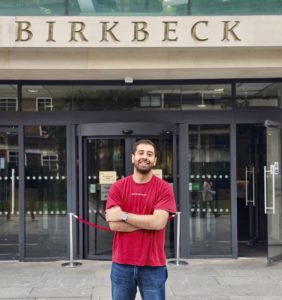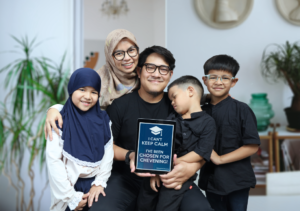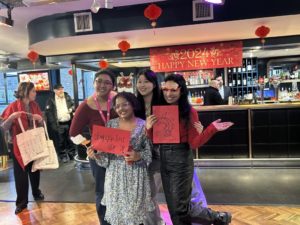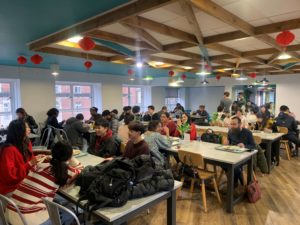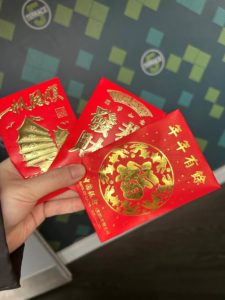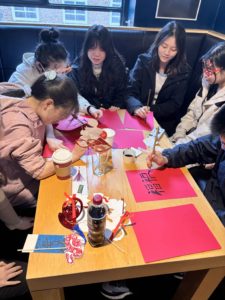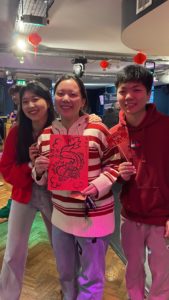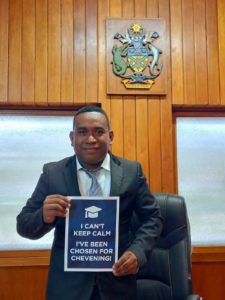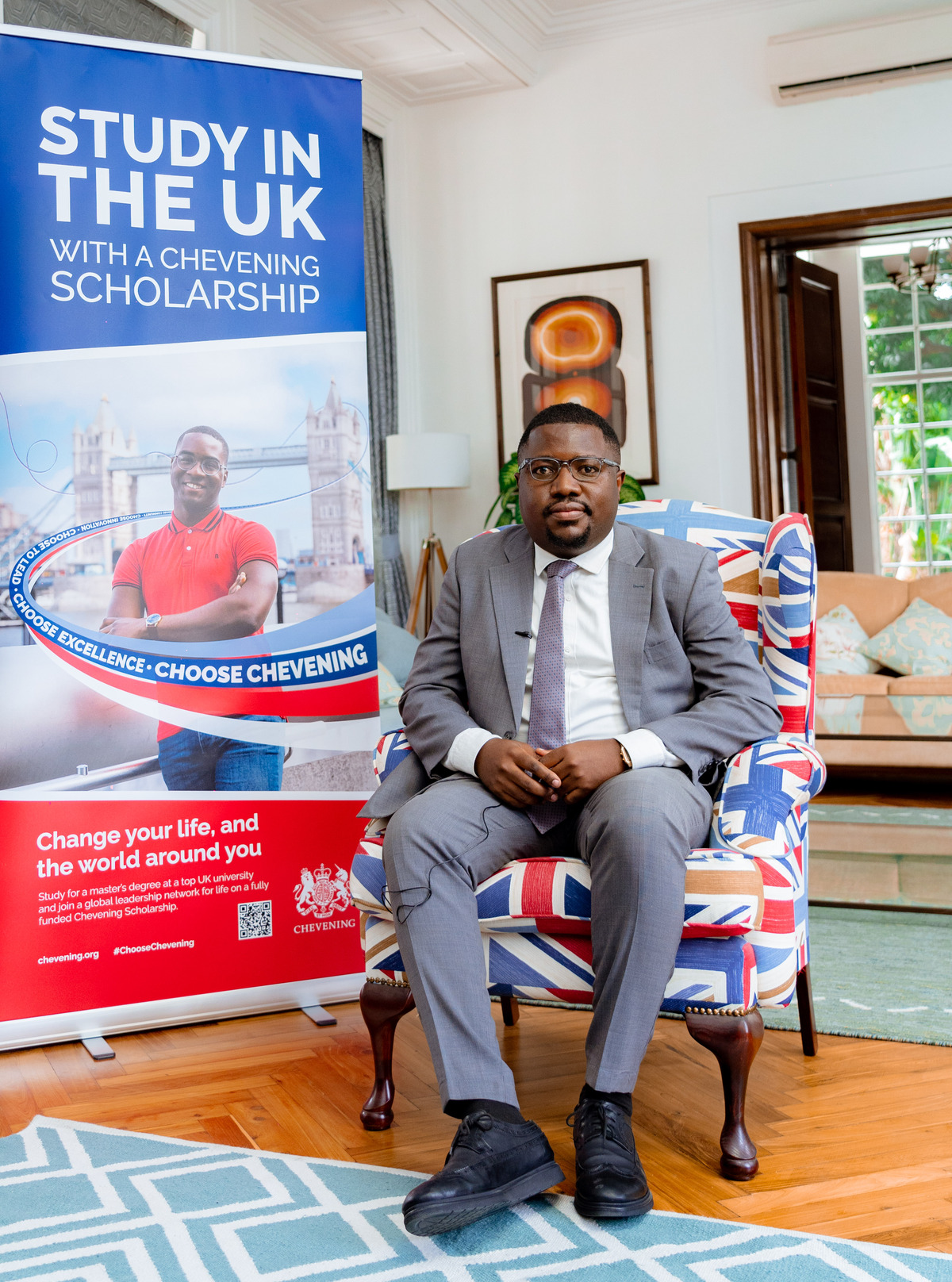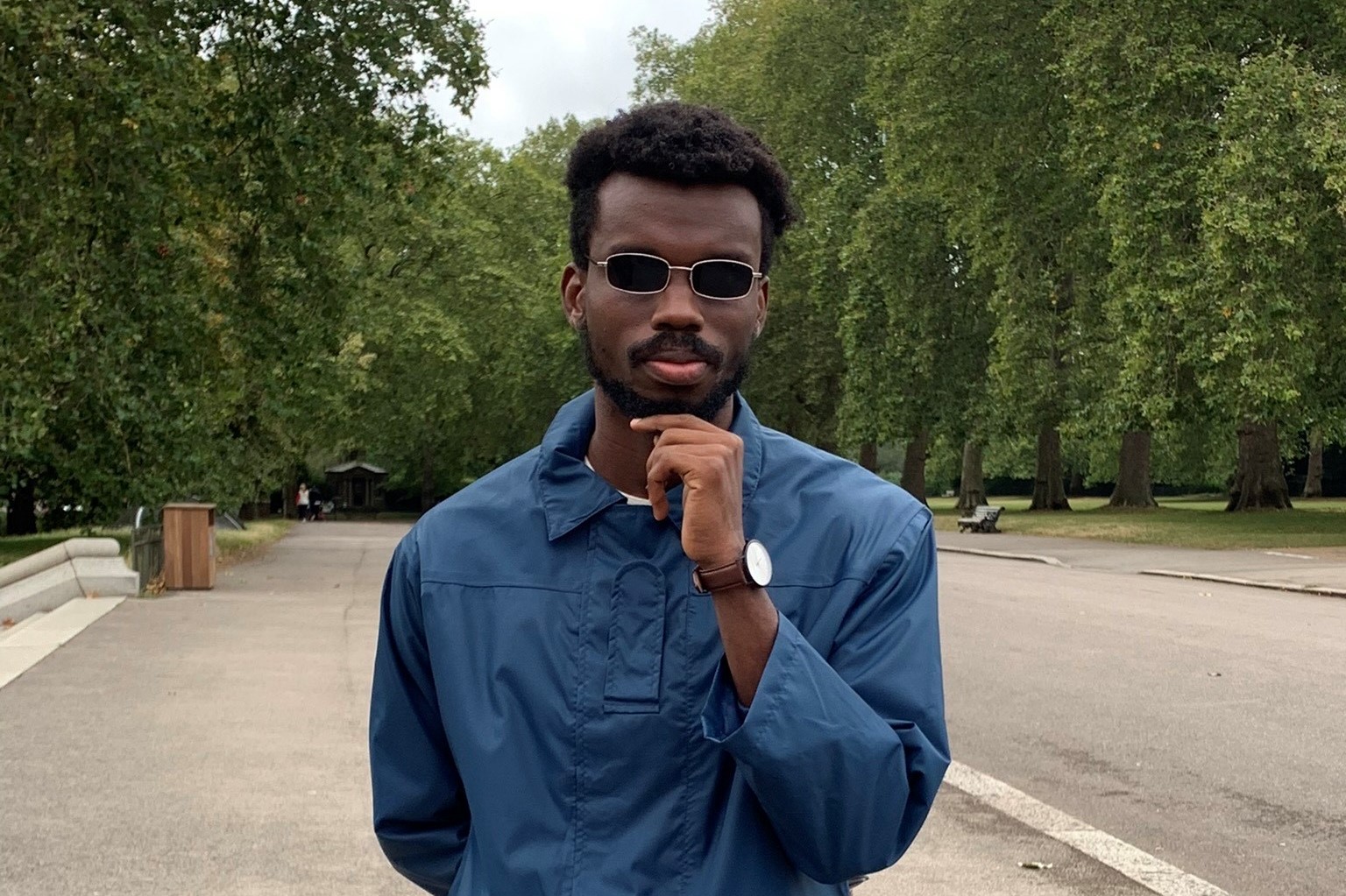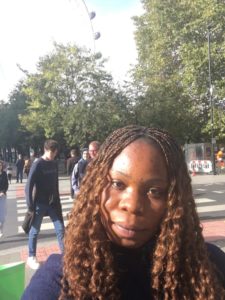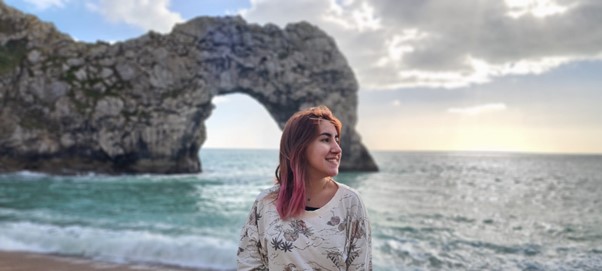In this blog current Birkbeck Chevening scholars, Ahmed Alaa Yaqoob Maki, MSc Entrepreneurship student from Iraq and MSc Business Innovation students Aslan Saputra from Indonesia and Ramata N’Diaye from Mali, tell us how they tackled the Chevening interviews and give advice to this year’s applicants.
How did you prepare for your Chevening interview?
Ahmed Alaa Yaqoob Maki:
First of all, congratulations on reaching this stage! To get started, go back to your application and focus on your essays and the key points you highlighted. Be ready to discuss any part of your application in detail, including your career goals, leadership experiences, and how you plan to use the Chevening scholarship to contribute to your home country. Furthermore, prepare to demonstrate your skills in leadership and networking through real examples from your past experiences. Most importantly, be knowledgeable about current events and issues in your country, the UK, and globally, especially those related to your field of study or professional sector.
In addition, you can find lots of mock interview opportunities. Practice with mock interviews to simulate the interview environment. This can help you become more comfortable with speaking about your experiences and achievements confidently. Feedback from these sessions can be invaluable.
Ramata N’Diaye:
To prepare for my Chevening interview, I embraced a thorough approach centered around self-reflection, research on the Chevening scholarship, and diligent queries on my Top 3 universities. I immersed myself in understanding the Chevening Scholarship’s core objectives, values, and the attributes they seek in scholars. This foundational knowledge was crucial for tailoring my responses to align with Chevening’s mission.
I then reflected on my personal, academic, and professional experiences, identifying clear examples that demonstrated my leadership qualities, networking abilities, and commitment to positive change.
Recognizing the importance of staying informed, I kept abreast of current global and regional issues, particularly those relevant to my field of interest and my home country. Practicing mock interviews was also a pivotal part of my preparation, allowing me to refine my answers, improve my delivery, and build confidence.
Aslan Saputra:
In my country, several people who had been shortlisted for Chevening formed small groups to be able to practice together and share the latest information about the Chevening application.
When I entered the shortlisted stage, I knew the story I brought to the application attracted the hearts of the Chevening committee, so my task during the interview was to retell it more enthusiastically and in more detail so that my charisma became stronger and more promising.
What advice would you give to this year’s shortlisted candidate on how to ace their interview?
Ramata N’Diaye:
For this year’s shortlisted candidates, my advice is to deeply understand what Chevening stands for and thoughtfully reflect on your journey and aspirations. Articulate your vision clearly, demonstrate how you embody the Chevening values, and be prepared to engage in discussions on current affairs with insight and poise. Remember, authenticity and preparedness are key to acing the Chevening interview.
Aslan Saputra:
My advice is to not bring new stories to the interview. Just elaborate on the essay that you wrote previously, and show your unique and strong character. Don’t be too stiff, and learn how to tell stories that are interesting and fun.
Ahmed Alaa Yaqoob Maki:
When answering questions, consider using the STAR technique (Situation, Task, Action, Result) to structure your responses. This method helps you deliver comprehensive and compelling answers.
Further information
- Discover more about Chevening Scholarships
- Find out about applying through Chevening and International Scholarships at Birkbeck
- Find out more about being an international student at Birkbeck
- Study MSc Management with Business Innovation
- Study MSc Entrepreurship

